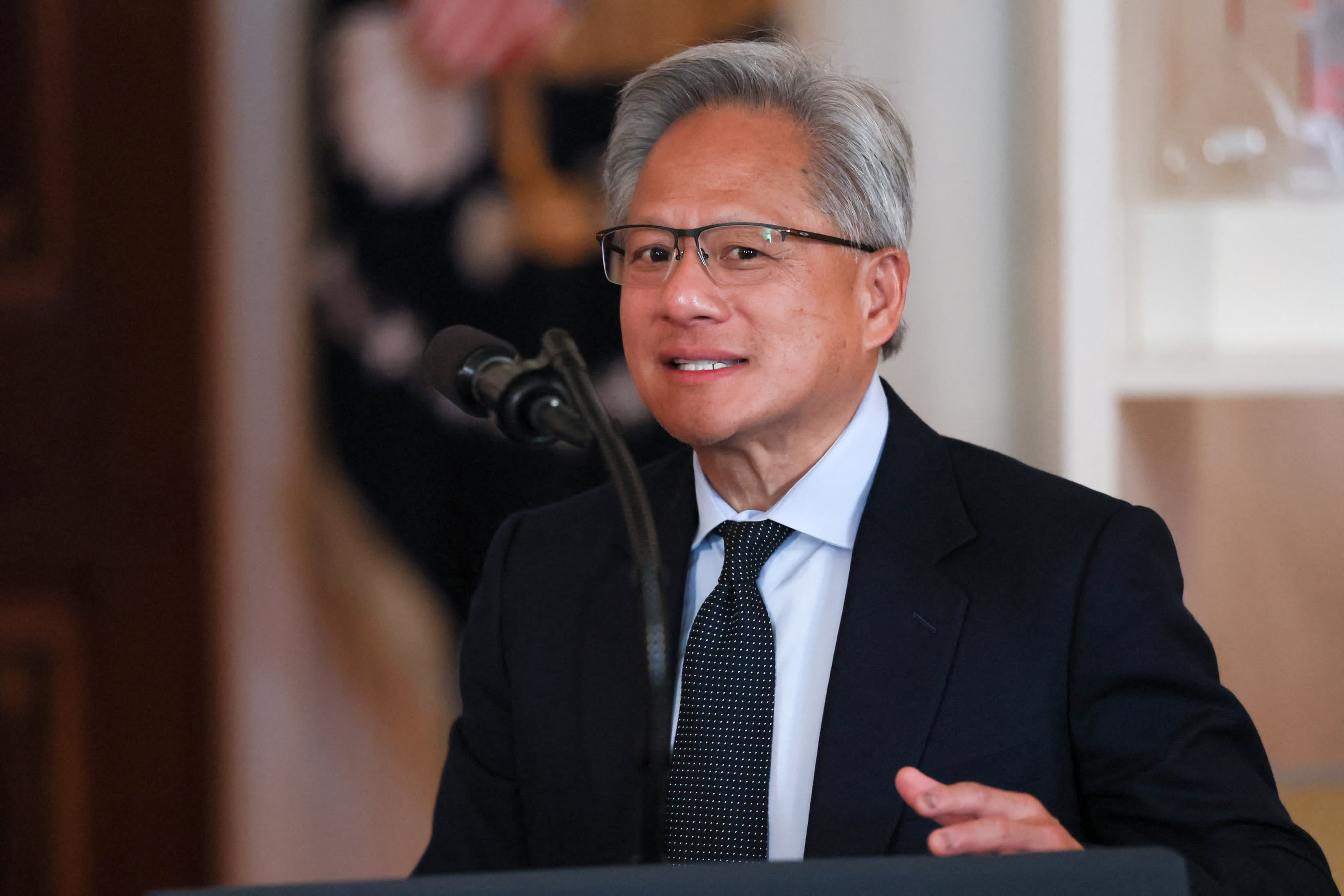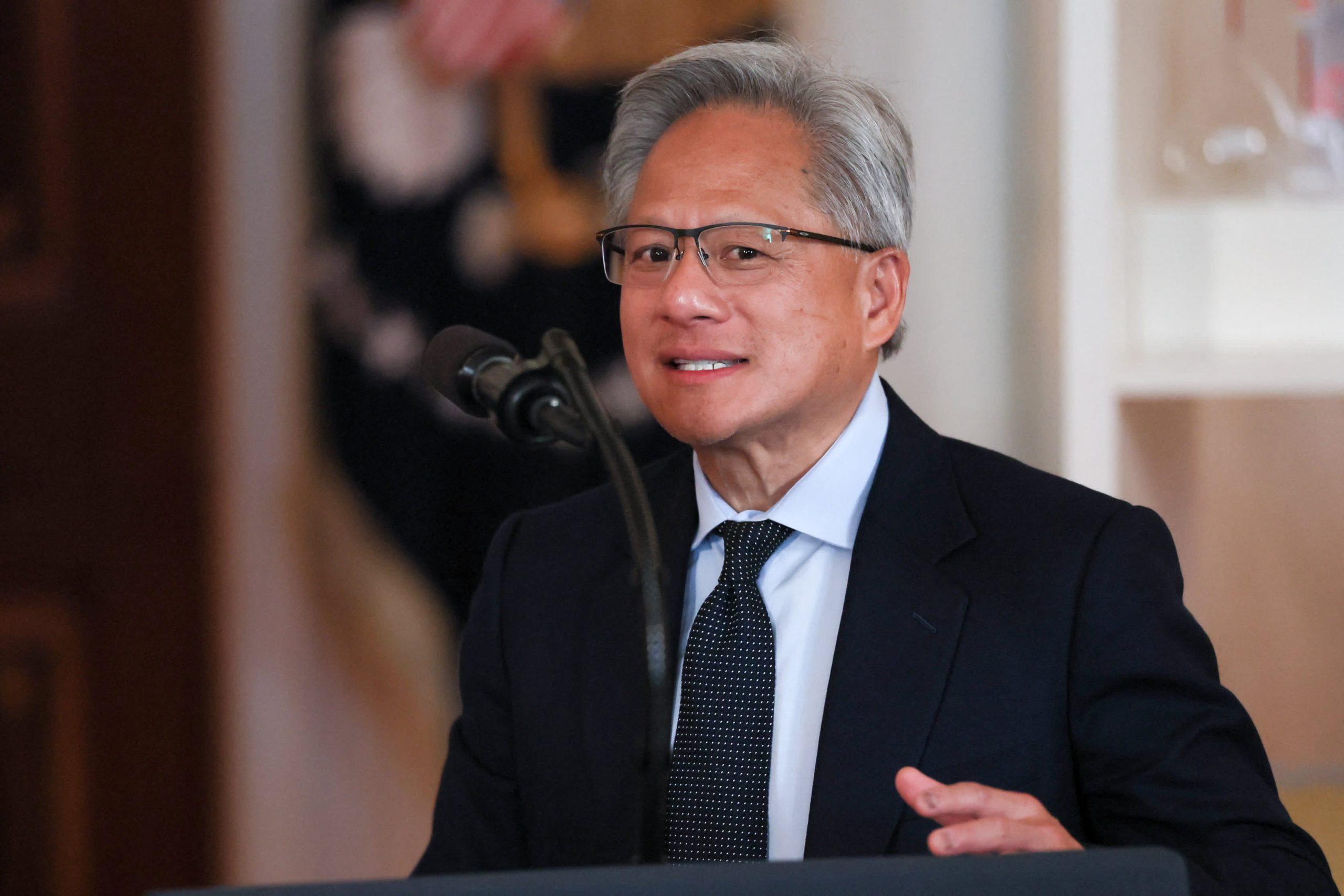
The AI Chip Gold Rush: How Nvidia’s Saudi Deal Reshapes Global Tech Power Dynamics
Dude, let’s talk about the *real* black gold—and no, I don’t mean oil. Nvidia just inked a deal with Saudi Arabia to supply 18,000 of its Blackwell AI chips for a monstrous 500-megawatt data center project. Seriously, this isn’t just another corporate handshake; it’s a geopolitical chess move disguised as a tech transaction. From stock rebounds to energy-rich nations pivoting to silicon, this deal’s implications are wilder than a Black Friday stampede at a Best Buy. So grab your metaphorical magnifying glass, because we’re dissecting how a single chip shipment could tilt the AI arms race.
Nvidia’s Stock Comeback: Chips Over Oil
Nvidia’s stock has been rollercoastering harder than a crypto bro’s portfolio, but this Saudi deal? Instant adrenaline shot. Investors are frothing over the $1 billion+ contract (my back-of-the-napkin math says those Blackwell chips ain’t cheap), sending shares soaring. But here’s the kicker: Nvidia’s usual clients—American tech giants—are now sharing shelf space with oil-money-fueled newcomers. Saudi’s Humain isn’t just buying hardware; it’s buying a shortcut to AI relevance. And for Nvidia, diversifying beyond Silicon Valley’s whims is a survival tactic. Remember when supply chain snarls nearly flatlined the chip industry? Exactly.
Saudi’s AI Ambitions: From Sand to Servers
Let’s be real: Saudi Arabia’s playbook used to be “drill, sell, repeat.” But with this data center megaproject, they’re trading barrels for bytes. The kingdom’s logic? Use its cheap energy (hello, solar farms) and bottomless sovereign wealth fund to brute-force its way into AI supremacy. Training cutting-edge models requires *insane* power—we’re talking “could-light-up-Nebraska” levels—and Saudi’s got the juice. But here’s the twist: they’re not just *consuming* AI; they’re building infrastructure to *export* it. Imagine a future where Riyadh rivals Austin as an AI hub. Wild, right?
Geopolitics: The U.S.’s Chip Diplomacy Tightrope
Now, the plot thickens. The U.S. government initially fretted over selling advanced chips to the Middle East, fearing they’d slip into Chinese hands. But suddenly, Washington’s warming up to the idea. Why? Two words: *containment strategy*. By greenlighting Nvidia’s Saudi deal, the U.S. scores a triple win:
It’s a high-stakes game where semiconductors are the new sanctions.
The Bottom Line
Nvidia’s Saudi gambit isn’t just about moving product—it’s rewriting the rules of tech dominance. For Nvidia, it’s a hedge against market volatility. For Saudi Arabia, it’s a ticket to the AI big leagues. And for the U.S.? A chance to redraw alliances in the silicon age. One thing’s clear: the next cold war will be fought with GPUs, not nukes. So next time you hear “data center,” think bigger. Think *desert kingdoms running the algorithm*. Because, friends, the future of power isn’t just who owns the oil—it’s who controls the chips.

